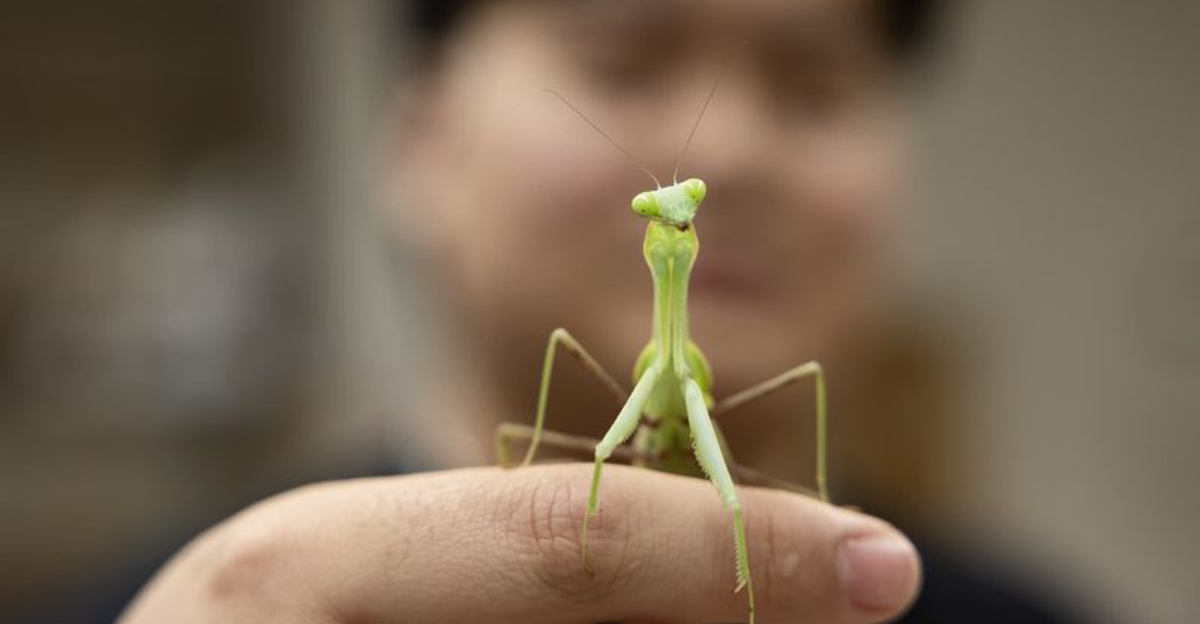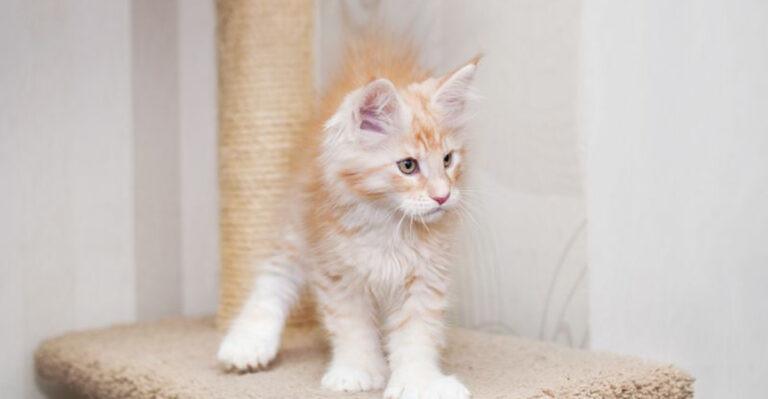Can We Smell Insects? Exploring The Science Behind The Viral Debate

Ever noticed a strange smell when ants invade your kitchen or when ladybugs gather on your windowsill? A fascinating debate has erupted online about whether humans can actually smell insects.
People are sharing their experiences, while scientists weigh in with surprising research. Let’s explore what’s behind this buzzing controversy that’s captured everyone’s attention.
1. What Sparked The Debate About Smelling Insects?

A viral TikTok video kicked off this whole controversy when a user claimed they could smell certain bugs. Thousands chimed in with their own experiences, describing distinct scents they associate with different insects.
Some people swore they could smell ants, while others insisted ladybugs have a unique odor. The conversation quickly spread across social media platforms, drawing in both casual observers and scientific experts.
2. The Science Of Smell: How Humans Detect Odors

Our noses contain about 400 types of scent receptors that can identify thousands of different smells. When we breathe in airborne chemicals, these receptors send signals to our brain’s olfactory bulb for processing.
Humans can detect odors at incredibly low concentrations—sometimes just a few particles per million. Our sense of smell evolved as a survival mechanism, helping our ancestors identify food, dangers, and even potential mates.
3. Do Insects Have A Smell That Humans Can Detect?

Many insects absolutely produce odors humans can detect! Stink bugs release defensive compounds when threatened.
Cockroaches emit fatty acids that create their notorious musty smell. Ants release formic acid when crushed, giving them that tangy scent some describe as vinegar-like. Bedbugs produce sweet, musty odors compared to almonds or coriander. These chemical signals serve various purposes in insect communication and defense.
4. What We Know About Human Olfactory Abilities

Contrary to popular belief, humans have surprisingly powerful noses. Recent research suggests we can distinguish between a trillion different scents—far more than the mere 10,000 scientists once estimated.
Women generally outperform men in odor detection tests, especially during pregnancy when sensitivity increases dramatically. Cultural background and exposure also affect our smell perception. Regular practice can actually improve your ability to detect and identify subtle scents.
5. Insects’ Unique Pheromones And Their Purpose

Insects communicate through chemical messengers called pheromones. These specialized compounds signal everything from danger alerts to mating availability, creating invisible conversation networks throughout their colonies.
Ants lay pheromone trails to guide nestmates to food sources. Moths release attractants detectable by potential mates from miles away. These chemical signals are incredibly efficient—just a few molecules can trigger powerful responses in other insects.
6. Can Humans Smell Insect Pheromones?

Humans generally can’t detect most insect pheromones because they’re produced in tiny amounts and our receptors aren’t tuned to them. However, some exceptions exist! The alarm pheromones of certain ants contain compounds similar to citrus or vinegar that we can smell.
Japanese beetles produce a pheromone chemically similar to vanilla extract. Researchers have found that people with certain genetic variations might have heightened sensitivity to specific insect chemical signals.
7. The Role Of Chemical Signals In Insect Communication

Insects practically live in a world dominated by chemical conversations. A single colony of ants might use 10-20 different pheromone signals to coordinate activities from foraging to defense. Termites mark territory boundaries with fecal pellets containing specific chemicals.
Honeybees use pheromones to recognize nestmates and coordinate swarm movements. These sophisticated communication systems allow simple organisms to achieve remarkable collective intelligence without language as we understand it.
8. The Case For Humans Being Able To Smell Insects

Evolutionary biologists suggest our ancestors likely developed sensitivity to certain insect odors as a survival advantage. Detecting termite infestations or disease-carrying insects would provide obvious benefits.
Laboratory studies confirm humans can identify the smell of crushed insects with surprising accuracy. People consistently describe ladybugs as having a bitter, almond-like scent and bed bugs as smelling like coriander or raspberries. These consistent descriptions across different populations suggest genuine detection abilities.
9. Why Some People Believe We Can Smell Insects

Personal experiences drive much of this debate. Countless people report smelling distinct odors when specific insects are present, even before seeing them. These accounts can’t be dismissed as mere imagination.
Pest control professionals often claim they can smell certain infestations before visual confirmation. Cultural differences play a role too—some languages have specific words for insect smells. The consistency of these reports across different backgrounds suggests there’s something real behind these perceptions.
10. The Limitations Of The Human Sense Of Smell

Compared to many animals, our smell capabilities have significant constraints. Dogs have roughly 300 million olfactory receptors versus our mere 6 million. Many insects themselves have extraordinary smell abilities that far surpass ours.
Environmental factors heavily impact our smell perception. Congestion, smoking, aging, and certain medications can dramatically reduce sensitivity. About 5% of people experience anosmia—the complete inability to smell—which would obviously prevent any insect odor detection.
11. Do Insects Have A Smell Strong Enough For Humans To Detect?

Concentration matters enormously in this debate. A single ant might be odorless to us, but an entire colony produces enough chemical compounds to register in our noses. Defensive sprays from beetles and bugs evolved specifically to be potent enough for predators to detect. Environmental conditions affect odor strength too—humidity and temperature can amplify certain insect smells. The freshness of the scent also matters; some insect compounds degrade quickly in air.
12. Are We More Sensitive To Certain Insects’ Scents?

Fascinating research reveals humans show heightened sensitivity to odors from disease-carrying or home-invading insects. This suggests our sense of smell might have evolved specifically to help us avoid dangerous bugs.
Cockroach odors trigger stronger brain responses than neutral smells in brain scans. People consistently detect bed bug scents at lower concentrations than many other insect smells. Some researchers propose this represents an evolutionary adaptation for protection against parasites and disease vectors.
13. Research Findings On Human And Insect Smell Detection

A 2018 study published in Scientific Reports found participants could identify the presence of bed bugs through smell alone with 68% accuracy. Another experiment demonstrated people could distinguish between different ant species based solely on their odor profiles.
Entomologists have documented over 75 insect species that produce scents detectable by humans. Research also shows cultural factors influence perception—people raised in agricultural settings typically demonstrate greater sensitivity to certain insect smells than urban dwellers.
14. Is The Debate About Smelling Insects Just A Myth?

Far from being myth, this debate highlights the fascinating intersection between human perception and scientific measurement. While individual experiences vary, chemical analysis confirms insects produce compounds we can detect.
The controversy stems partly from differing definitions of “smelling insects.” Some interpret this as detecting the insects themselves, while others mean smelling compounds they release. Psychological factors also play a role—once we associate a smell with an insect, we may notice it more readily.






